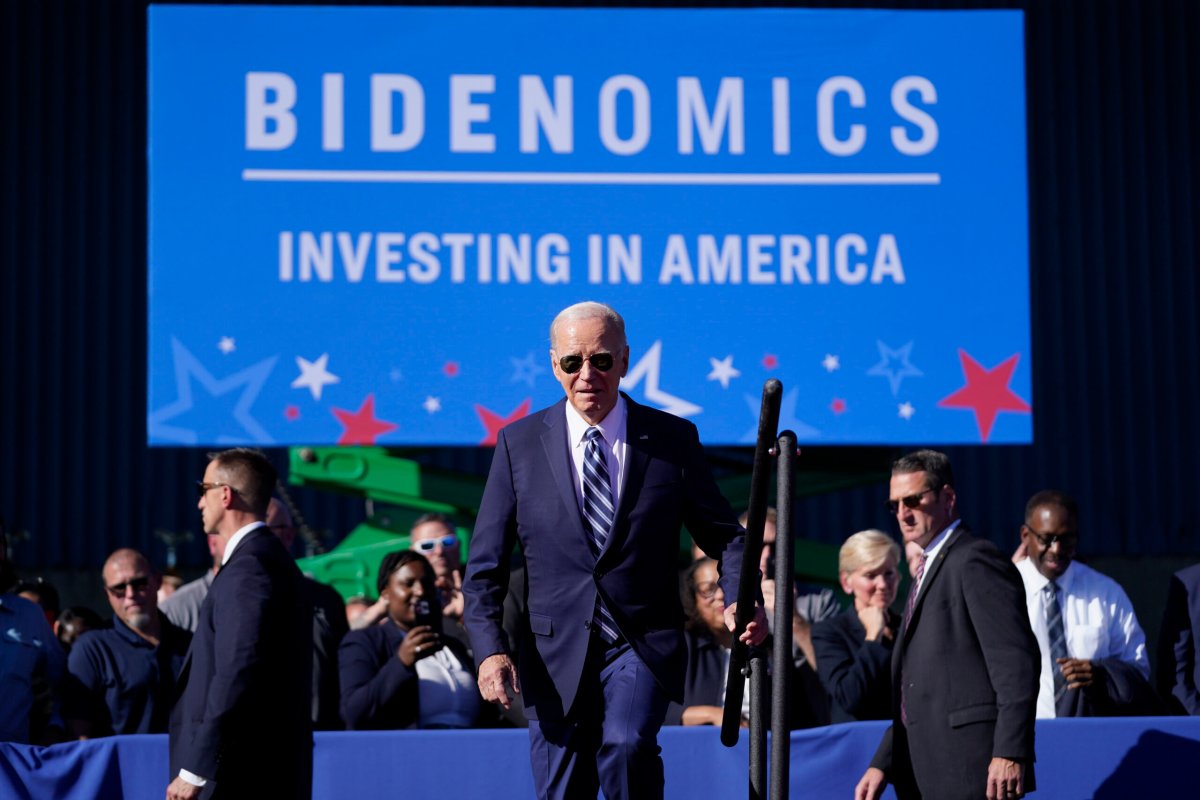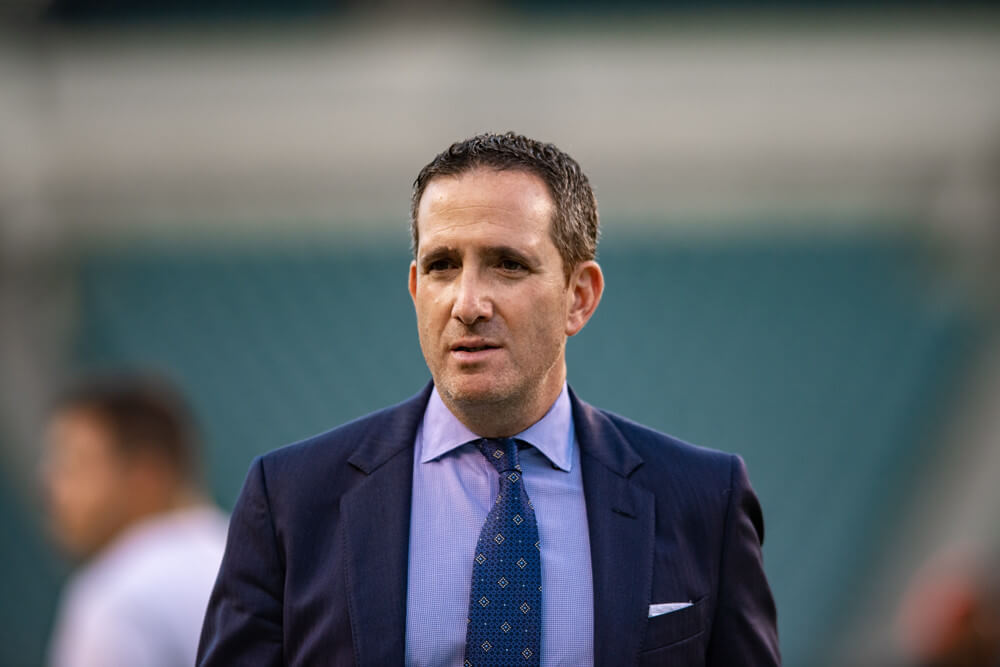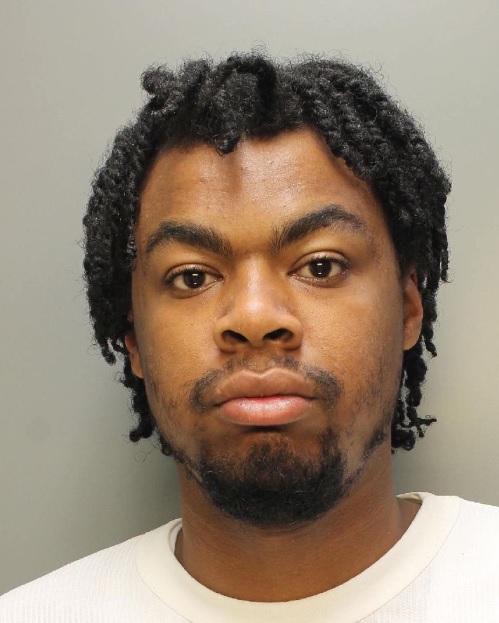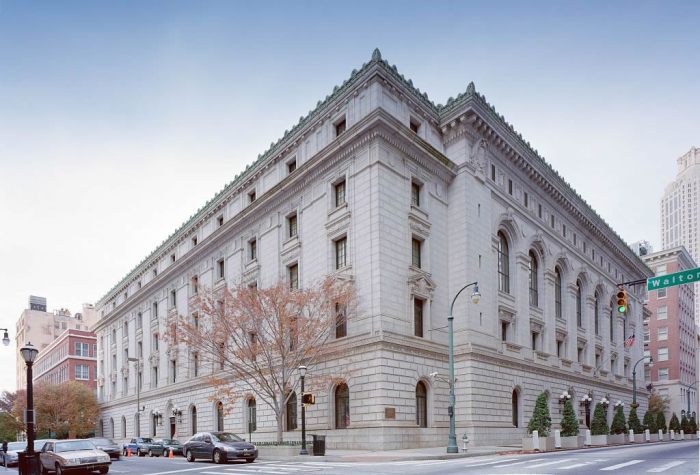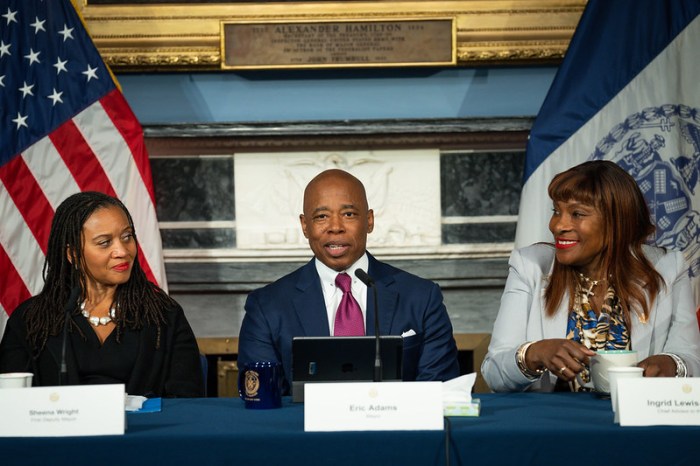By WILL WEISSERT Associated Press
President Joe Biden returned to Pennsylvania Friday to use the critical battleground state again as a backdrop for some of his favorite political themes, championing steep increases in public works spending and detailing how bolstering green energy can spur U.S. manufacturing.
But the world has changed since Biden visited a familiar place to talk up familiar topics.
The war between Israel and Hamas has scrambled geopolitics and potentially reshuffled a 2024 presidential race beginning to heat up. Getting the public’s attention could be a tall order given the focus on fighting and atrocities in Gaza, and the Americans among those killed by Hamas.
The president started his speech Friday talking about the conflict, telling the crowd that he had spoken by video conference for an hour or so with the families of 14 Americans missing in the attacks.
“The more we learned about the attack the more horrifying it becomes,” Biden said.
Other domestic matters also are competing for political attention, with the fight over choosing the next Republican House speaker potentially imperiling continued U.S. aid to Ukraine, and a United Auto Workers strike entering its fifth week.
But Biden still made his case at the marine terminal in Philadelphia, where he declared it was one of seven regional hubs selected around the country to produce and deliver hydrogen fuel that can run factories and other facilities, as well as key components of heavy industry, to limit greenhouse gas emissions. A centerpiece of the Biden administration’s clean energy plan, the hubs will be paid for using $7 billion from the sweeping infrastructure package that cleared Congress in 2021.
“These hubs are about people coming together across state lines, across industries, across political parties to build a stronger, more sustainable economy and to rebuild our communities,” he said.
Any struggle to shift attention to Biden’s domestic agenda highlights larger questions about the president’s overall reelection strategy and whether messaging primarily built around the president’s policy accomplishments and ability to govern can compete with ever-changing world events that shake up politics in real time.
Allies contend Biden should stay on political message as he seeks reelection, stressing steady leadership approaches even in a time of crisis, and highlighting how the government is improving middle-class lives as he heads into a potential rematch with Donald Trump, who has a commanding lead in the 2024 Republican presidential primary.
The Philadelphia speech was part of what his administration is calling the third installment of Biden’s Investing in America Tour, which will see the president, Vice President Kamala Harris and key Cabinet members travel the country to promote economic policies.
Whatever the message, the president can help himself politically by staying focused on Pennsylvania, said longtime Democratic strategist Robert Shrum.
“If he wins the state he’s very likely to win reelection,” Shrum said. “So they can do the event in Philadelphia and get a lot of attention for it.”
Biden appears to be betting on that strategy, heaping Pennsylvania with attention that has included a visit per month recently — acutely aware that it is one of a few toss-up states where outcomes can really sway the election.
Since formally announcing his reelection bid in April, Biden addressed some of the nation’s largest unions at the Pennsylvania Convention Center after they jointly endorsed him in June, the only 2024 campaign rally he’s held so far. He returned to Philadelphia in July, visiting a shipyard where he talked up how organized labor would lead a major push toward embracing green energy.
He made an August trip for a funeral to Scranton, Pennsylvania, where he was born, and was in Philadelphia last month for an ALF-CIO Labor Day event.
“It’s the power of incumbency that he can work policy speeches into places that he’s going to,” said Mustafa Rashed, a Philadelphia-based Democratic strategist. “Everything is about 2024 at this point.”



